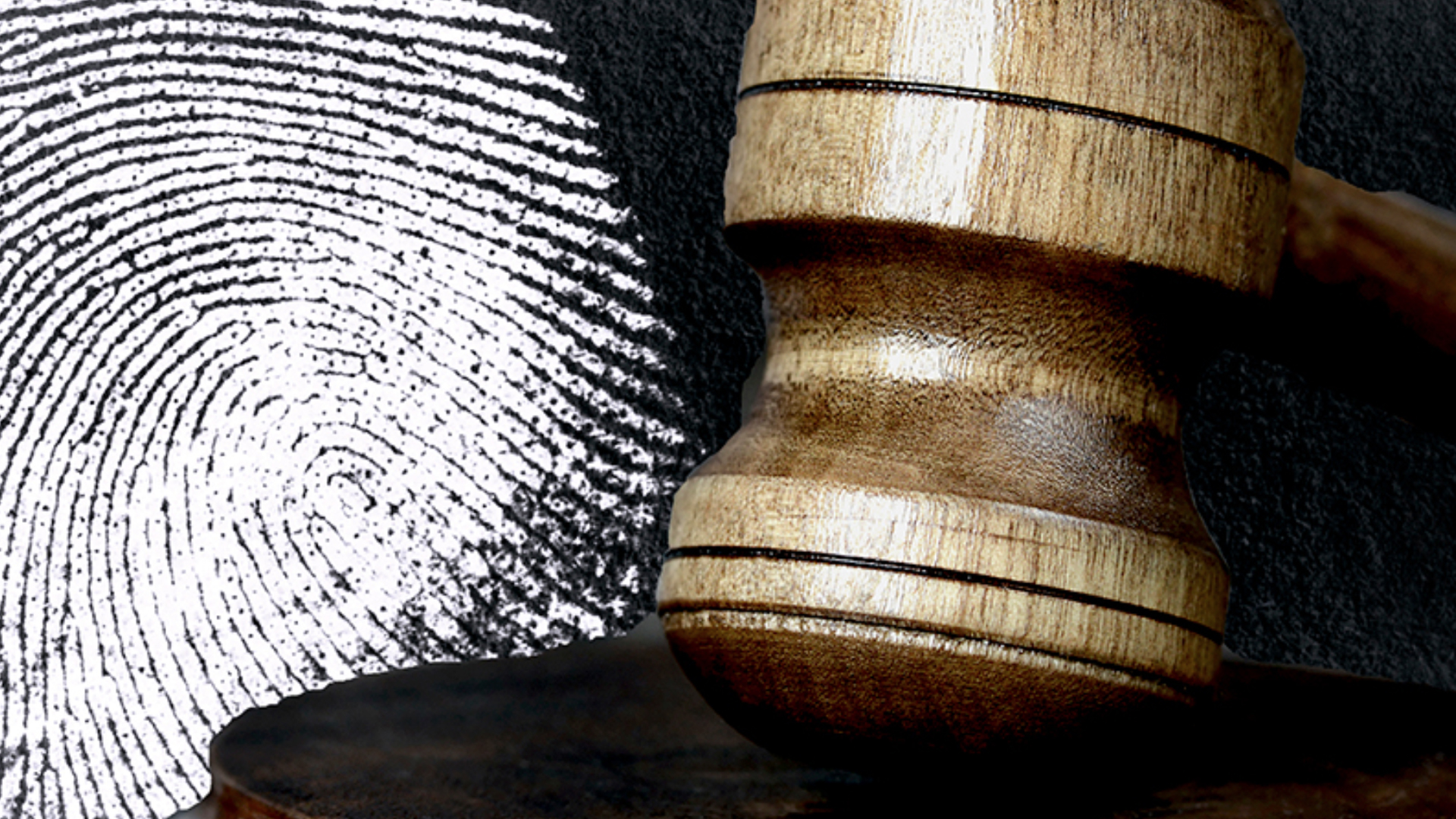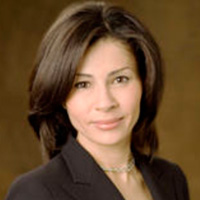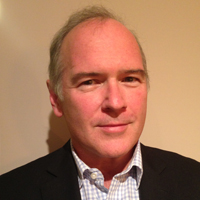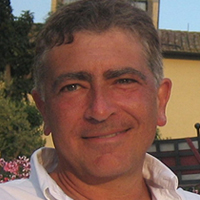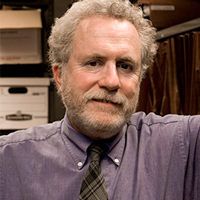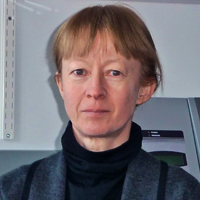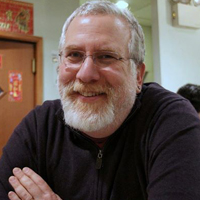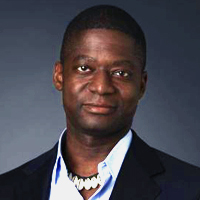We’ve seen the headlines. Two men, falsely convicted of rape and murder, freed last week after DNA evidence finally cleared them, after thirty-one years in prison. An unarmed teenager, shot and killed by a police officer in Ferguson, Missouri. In these cases, and countless others, forensic science is front and center in the effort to reach justice. But do we expect too much from forensic science? How best to use forensics, a science that will always have a degree of uncertainty, to make life-or-death decisions? And when it comes to assigning culpability, are we ignoring the science of human psychology, which underlies the swirl of perceptions we rely on our brains to sort out?
The World Science Festival, in collaboration with the New York Hall of Science, invites you to join a provocative discussion about the shortcomings of our criminal justice system. Among the participants is Pulitzer prize winning journalist Jim Dwyer, author of “False Conviction: Innocence, Guilt & Science,” which vividly details the shortcomings of forensics with shocking examples of justice denied.
Join this fascinating conversation and be part of our “jury” as we test our audience’s powers of observation and analysis.
This program is supported by the Alfred P. Sloan Foundation as part of its Public Understanding of Science and Technology Initiative. Presented in collaboration with the New York Hall of Science and in partnership with the Benjamin N. Cardozo School of Law.







